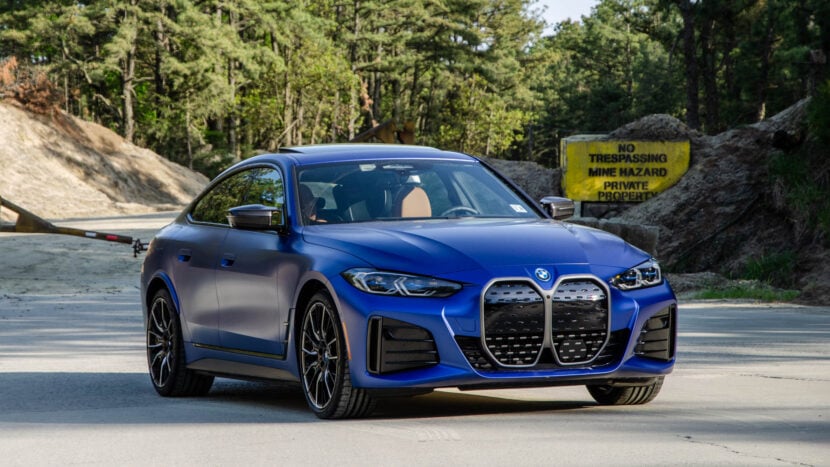The writing was on the wall for BMW to lose its U.S. federal EV tax credit the moment President Biden signed the IRA (Inflation Reduction Act). The bill requires automakers to manufacture their EVs in the North America, as well as source the majority of their critical battery materials from allied nations. Since BMW still manufactures its EVs in Germany and sources most of its battery tech from China, none of them qualify for federal tax credits.
In the U.S., the federal tax credit for buying an eligible EV is $7,500. Some states will even throw in up to $2,500. Federal tax credits don’t go to the automakers, they go to the customers. However, those tax credits create incentives for customers to buy EVs and the EV playing field is no longer even. Now, certain brands’ cars get the tax credit and some don’t. So which cars do you think customers are going to go for?
According to the IRA, 50% of the value of the battery components must be made in North America to qualify for half of the federal tax credits. The other half comes if at least 40% percent of the actual critical materials are sourced from the U.S. or a free-trade country. Among the brands that just lost that $7,500 tax incentive are BMW, Rivian, Hyundai, Volvo, and Volkswagen. The brands that still retain all or most of their tax incentives are Tesla, GM, and Ford. Of those three brands, only GM retains its full tax rebates. Tesla keeps most of them but the Model 3 only gets half, at $3,750. Ford’s Mustang Mach-E only gets half, because its battery is manufactured in Poland, but the F-150 Lightning gets the full beans.
This is going to put BMW in a tricky spot. Brands like Volvo and Volkswagen have already committed to building EV/battery factories in the U.S., so they’ll eventually be alright. BMW could retool some of the Spartanburg, South Carolina facility to do so but it currently doesn’t have the space. It could also use the San Luis Potosi, Mexico plant for battery production. However, it needs to source the majority of its battery materials from somewhere other than China, which doesn’t seem like it’s going to happen anytime soon.
The U.S. market is such an important one for BMW that it might have to rethink its battery production strategy for this. If brands like GM and Ford, who are both about to put several new EVs on the market, qualify for up to $10,000 in tax rebates (depending on state rebates) and BMW doesn’t, customers are going to have an easy choice.
[Source: Tech Crunch]

